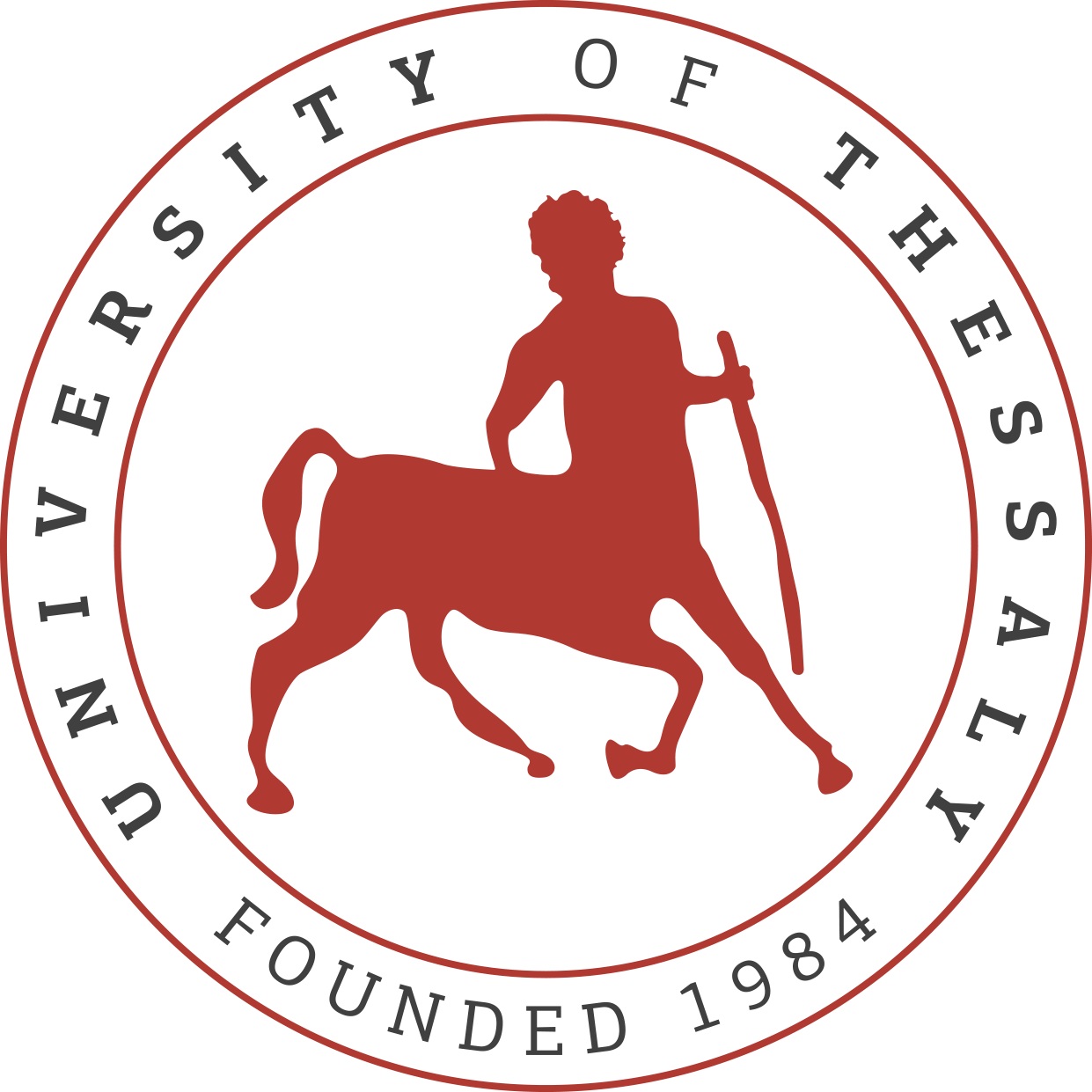Digital and Film Research
The design and development of digital applications for cultural and heritage institutions is one of the research fields in the Department of Culture and Creative Media and Industries.
In the year 2021, the following were implemented by professors of the Department:
- «1821 Digital Archive» https://1821.digitalarchive.gr/ (2021). Funding: The Research Centre for the Humanities (RCH). A multi-layered digital platform about the 1821 Greek Revolution, dedicated to the collection of various archival material concerning the era of the Greek Revolution. The public can access digitized versions of published or unpublished memoirs of the Fighters, studies about every-day life during the war, pieces of folk music of the era, works of art inspired by the Revolution, etc.
- «How do we remember 1821?» – A crowdsourcing project addressing to Greek primary and secondary schools (2018- ), aiming at the creation of an archive of traces of Greek Revolution in the Greek space: monuments, objects, books or manuscripts, names of streets and squares.
Ethnographic film production is part of the department’s research areas. In 2021, one member of faculty produced the ethnographic film “The impossible narration: Memory and photography of the Kalavryta Slaughter”. The film explores the difficult memories of a massacre perpetrated by the German Wehrmacht in the town of Kalavryta, Greece in 1943. The film focuses on survivor Giorgos Dimopoulos and his narration of the day of the slaughter which he experienced as a 13-year-old boy, who was by chance spared execution. Check out the film trailer.
In the year of 2020, two digital videos were created in the context of the relationship of politics and aesthetics:
“The World Upside Down”, a performative video with sound based on audio testimonies of Magda Fyssa and the anti-fascist audience of the Golden Dawn trial and other public events of political mourning. (Presented at: Crisis Collective 11th SAR International Conference on Artistic Research, Society for Artistic Research (SAR) 2020. University of Bergen, Norway 25–27 March 2020).
The digital video “Clepsydra” based on the public performative action held at the Open Theater, Lipasmata Drapetsonas in October 2020. Through mnemonic performative practices and visualizations, the action maps the ‘appearances’ of the tragically wronged dead in public memory, space and time, creating an ephemeral geographical imprint of the lethal, racist mobility in Greece between 1978 and 2020. Action planning | Installation | Performance: Maria Paschalidou. License to use the premises of Lipasmata Drapetsonas: Cultural Organization of the Municipality of Keratsini-Drapetsonas.
In addition, in 2021, the audiovisual participatory performative installation “Strangers to each other” was produced, bringing to the fore the voices and experiences of the people who systematically watched the trial against Golden Dawn, revealing the importance of solidarity and collective experience in engaging with the political trauma and the preservation of historical memory. More info here.
